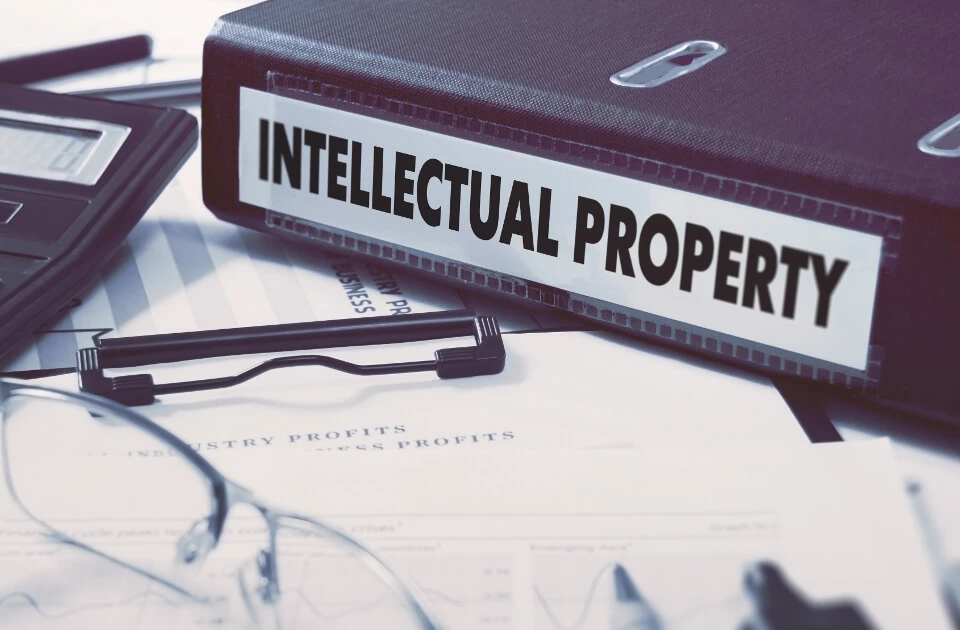Copyright for Software
Photographers, writers, and musicians all count as artists. Anything they create, be it images, poems, or songs, is their own work and cannot be copied or distributed without permission by any third parties for their own (financial) gain. What many don’t know is that software and computer programmes are automatically protected by copyright so you don’t have to lift a finger. You can, however, choose to register your creation. The purpose of this is to create a verifiable record of the content of your work and having a recorded date is also useful in case you need to prove your claim.
If your software is still in the works, but you’re worried nonetheless that it could be taken advantage of by others, you could consider pre-registering it. This makes it possible to sue a third party if they use it even before it’s been released. Note that this doesn’t replace registration.
Copyrighting your software
If you develop your own software, it’s worthwhile registering it with the Intellectual Property Office so that you’re protected. If you don’t register and therefore can’t put the © on your work, you’re protected nonetheless. You automatically own the copyright which means no-one else can do anything with your work without first seeking permission. But if someone does happen to infringe on your copyright, it’s your responsibility to file a lawsuit and have a judge prevent the other party from using or sharing your creation and pay any losses you have sustained.
You cannot file a lawsuit without being registered with the UK Intellectual Property Office. If you decide to hold off on the registration to see whether an infringement actually occurs, you’ll then have to rush though the process which will prove more expensive as 'expedited registrations' costs several hundred pounds.
How to register
A registration application contains three elements: a completed application form, a filing fee, and a full copy of the software’s source code that you want to register. Fact sheet P-28 provides information on how to complete the process. You can complete the process online on the UK Copyright Service website. The application is straightforward and asks for this basic information:
- The title of the work
- Who created the work and when
- Who owns the copyright
The cost for each work that you want to register varies based on registration period, which can be either 5 or 10 years per work. You can request paper copies of the registration to be sent through the mail, otherwise the entire process can be carried out online. Work is submitted over an encrypted connection and securely saved to prevent unauthorised access to keep submitted files protected. Future submissions or amendments to submitted files can be made as registration updates, but with a fee. These submissions will also be processed as the original submission and treated as their own separate registration.
What does copyright protect?
It’s not just the actually copying of source code that’s protected, but also the structure, sequence, and organisation of the computer software. This stops third parties from being able to just change the source code slightly and end up with the same outcome as with your software and not count that as copyright infringement.
If your software is registered, you could be entitled to significant compensation payments for your works if they are infringed upon. If you suspect that this is the case, you should gather a copy of the infringing work as well as a copy of the registered version of your own work, and any other dated documents proving your work’s registration. As well as the option of fining the infringers, there are other remedies such as temporary and final injunction relief to make sure no other infringement can happen in the future. The costs and attorneys’ fees are sometimes enough to make the infringer come to a settlement more quickly before the costs rise and this means you won’t have the hassle of going through the courts.
Note that copyright protection is only valid for the version of the software that you registered, so every time you update the software you need to register the new version with the IPO.
Is double protection possible?
As well as copyrighting your software, you can also patent it. Patent protection covers even more rights including the ideas that your software covers, whereas copyright only covers the actual product. Since patent protection involves expensive and long-term procedures, it’s worth getting legal advice before you begin. Your software must be useful, non-obvious, and novel to be considered patentable. It’s also crucial that you are the true inventor and aren’t filing on behalf of someone.


